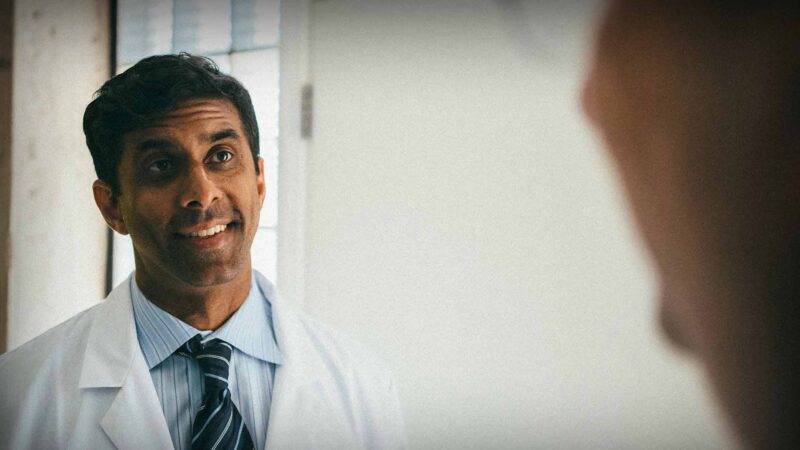Genomics and rationally targeted therapies in Acute Lymphoblastic Leukaemia
Prof Deborah White’s research focus is genomics and rationally targeted therapies in Acute Lymphoblastic Leukaemia (ALL) and Chronic Myeloid Leukaemia (CML) and she holds peer reviewed grants from: The William Lawrence and Blanche Hughes Foundation and the Leukemia Lymphoma Society (USA), the NHMRC, the Leukaemia Foundation Australia (LFA), Channel 7, Cancer Australia, Tour de Cure and the Cancer Council SA (CCSA). Professor White has presented more than 170 papers at scientific meetings, and authored more than 100 scientific publications as well as being an inventor on several international patents.










